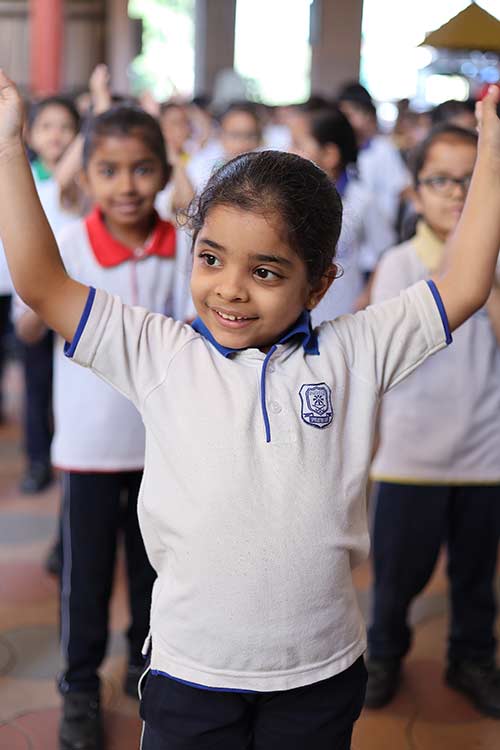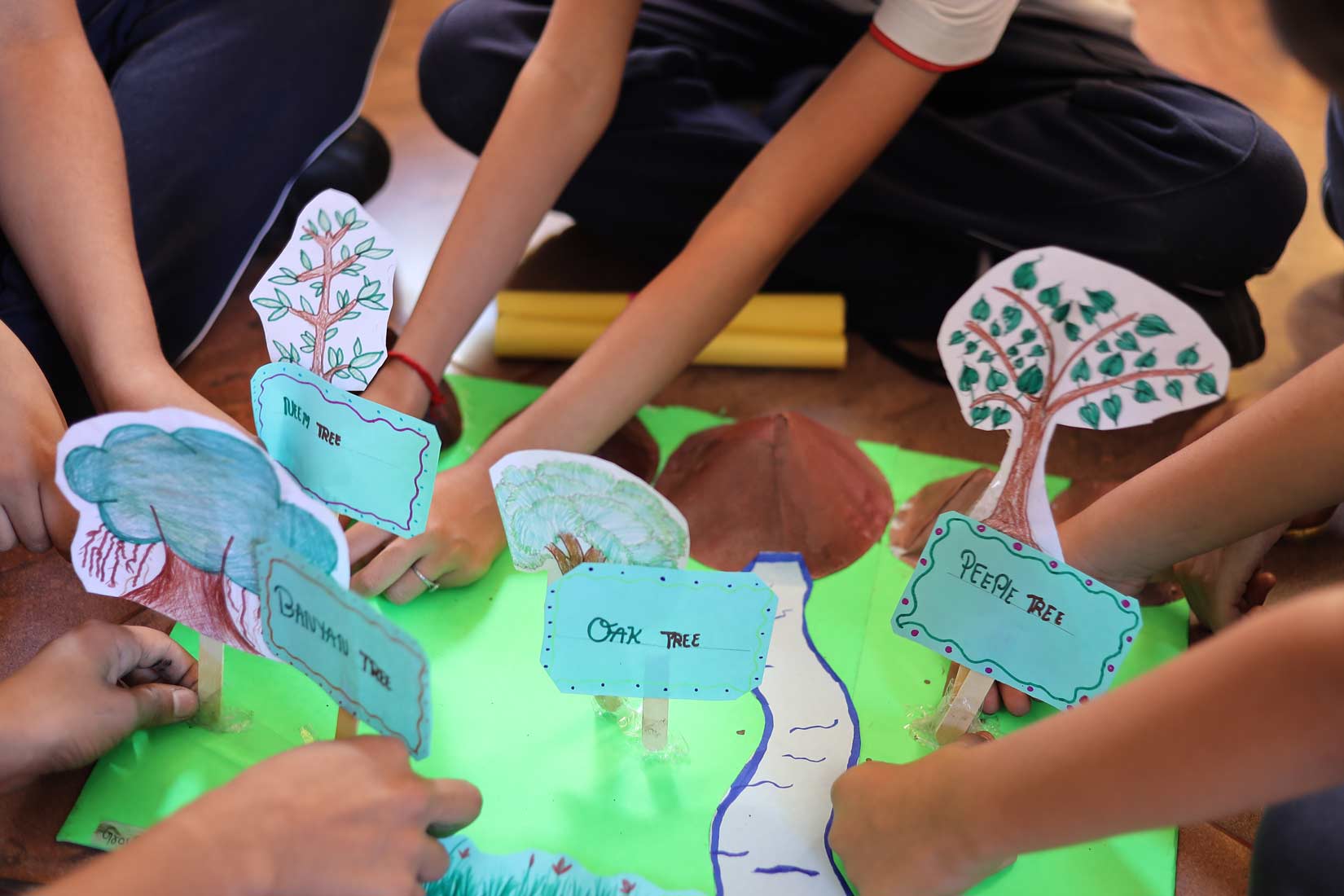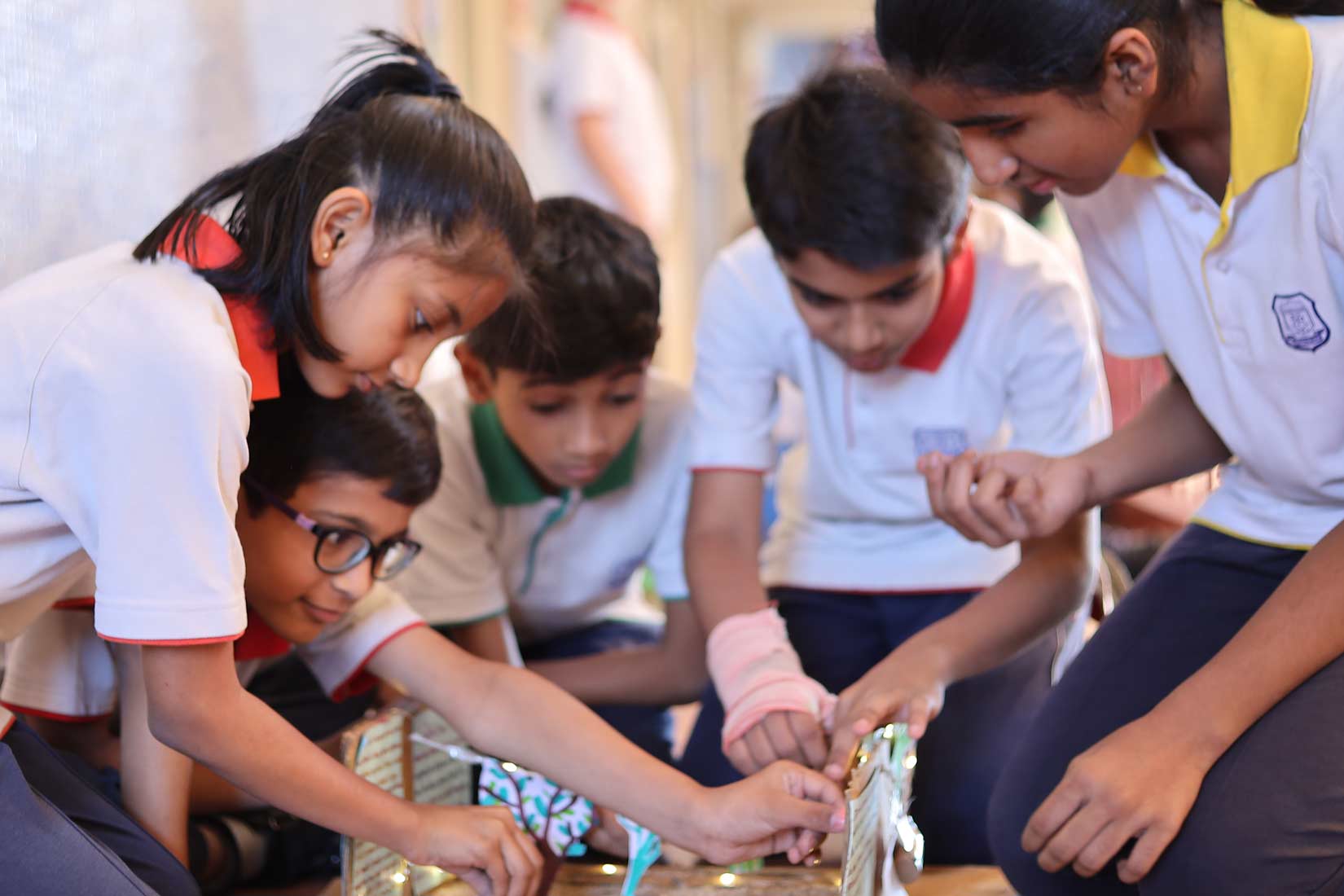
In 1990, Vadodara, the cultural capital of Gujarat, witnessed the dawn of an educational institution that was set to redefine the parameters of quality education. Mrs. Radhika Tandon, with her visionary thinking, took the initiative to introduce a school that would stand apart from the conventional, ensuring an ‘Education with a Difference’ for the denizens of Vadodara. Within the same year, St. Kabir School (GSEB) materialized, a brilliant manifestation of Mrs. Tandon’s tenacity and foresight.
St. Kabir isn’t just another educational institution. It is a co-educational, English-medium school that prides itself on imparting high-quality education to its students, ensuring that they receive not just academic knowledge, but holistic development. With its affiliation to the Gujarat Secondary Education Board, the school has maintained standards that are a benchmark for others. The guiding force behind this esteemed institution is The MML Chaudhary Charitable and Educational Trust (Vadodara), under whose aegis St. Kabir School operates. Their dedicated efforts and unflinching commitment to quality education are evident in every brick and mortar of the school and in every success story that emanates from its hallowed halls.
St. Kabir has grown into an educational lighthouse for Vadodara, blending academic rigor with cultural richness, and ensuring that its students emerge as well-rounded individuals, ready to take on the challenges of the future.

St. Kabir School has always been at the forefront of innovative education. Beyond its commitment to academic excellence, the school has adopted an integrated learning approach, ensuring that students not only acquire knowledge but also develop holistic skills and a global perspective. The school seamlessly weaves traditional classroom teachings with real-world applications, fostering a deeper understanding and retention of concepts.

St. Kabir goes beyond traditional academics to ensure that its students are well-prepared not just for exams, but for life. From extra-curricular activities to Life Skills Development, the institution believes in the all-around development of its pupils, shaping them into responsible, compassionate, and globally-aware citizens of tomorrow.

At St. Kabir, we believe in instilling a deep sense of responsibility and empathy towards the world at large. Our educational approach goes beyond geographical borders, promoting a holistic understanding of diverse cultures, societies, and global issues. We encourage our students to develop an open and inclusive mindset, embrace cultural diversity, and foster a spirit of cooperation and collaboration.
Inspired by the teachings of the famous 15th-century Indian poet and mystic Sant Kabir, we have created a holistic, flexible, and joyful learning environment that fosters free thinking and collaboration between students, teachers, parents, and management with a strong emphasis on three aspects: IQ (Intelligence Quotient), EQ (Emotional Quotient) and SpQ (Spiritual Quotient).
To equip our students for a wired, dynamic world, we focus on the following:
Learn & Do
Instead of rote learning, we emphasize ‘Learn and do’ or experiential learning to create an engaging academic experience. Our students are also trained to apply what they have learned to overcome challenges in the real world.
Building Broader competencies
Academic success is only one requirement for successful functioning in the modern world. It is possible for all students at St. Kabir, not just those who excel academically, to develop their skills and achieve success.
Critical thinking
We help students become more adept at critical thinking by teaching them how to think rather than what to think. A critical thinker can distinguish between facts, opinions, and fiction and make an objective decision, which is a vital skill in the workplace.
Interpersonal communication
Improving interpersonal communication abilities improves relationships. Our students’ interpersonal skills enable them to communicate their ideas and intentions in a way that minimizes misunderstandings and errors in judgment.
Self-sufficiency
To help students meet their own needs and better serve those around them, we cultivate self-sufficiency. Our students become more aware of the world around them when they have the flexibility to adapt and improvise and know what to do and when to do it.
Upskilling
Since teaching is a skill that is constantly evolving, we put emphasis on enhancing the skills of our teaching staff to enable them to effectively engage the students in the classroom and ensure the desired outcome for our students. We employ highly qualified faculty to fulfil state and national curricula requirements.